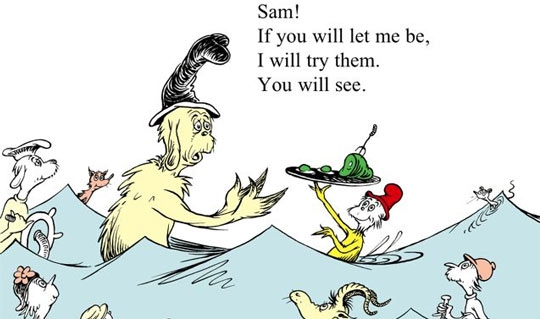The Road to Reading and Literacy

Many children hit a roadblock when they’re learning to read. The process of decoding writing language is complicated and can be confusing. There are several possible reasons that reading challenges could arise, such as dyslexia or delayed phonological awareness. Don’t worry though; there are steps one can take early on to address difficulty with reading and literacy.
Speech-Language Pathologists (SLP) have specialized training to assess and work with children who are struggling with reading and literacy. The American Speech Language Hearing Association (ASHA) highlights the key elements that SLPs need to focus on when working with early language literacy development, including:
- Building and reinforcing relationships between early spoken language and early pre-literacy abilities and considering influences of parent-child interactions in early shared storybook interactions;
- Addressing difficulties involving phonological awareness, memory, and retrieval;
- Teaching children to use tactile-kinesthetic and auditory cues in reading and writing;
- Analyzing how the language demands of textbooks, academic talk, and curriculum may stress a student's capabilities at different age and grade levels; and
- Conducting fine-grain analyses of written language, including spelling, to generate intervention that matches the needs of individual students.
(Source: http://www.asha.org/publications/literacy/)
Learning to Decode using The Lindamood Phoneme Sequencing® (LiPS®) program
One of the programs we use at SCT to help children who are struggling with reading is the LiPS program. The LiPS program helps children with the function of phonemic or sound awareness. Kids learning the LiPS program move through structured steps to learn how their mouths produce the sounds of language. This enables them to identify the sequence of sounds within words, and to become self-correcting in reading, spelling, and speech.
LiPS teaches decoding using several of the elements recommended by ASHA including: shared storybook interactions; addressing phonological awareness, memory and retrieval; using tactile-kinesthetic and auditory cues in reading and writing; and matching the needs of individual students.
A Case Study
Kevin is an exceptional child. He is adorable, kind, generous, thoughtful, hilarious and sensitive.
I have known Kevin for 3 ½ years and his motto has always been “never give up”. Those words have carried over into every facet of his life. He has had to embrace that motto because, not only is he exceptional in all the ways I stated above, he is also unique in the way that he learns.
One area that Kevin had struggled with was decoding written language. He recognized sight words and was able to read fluently as long as he was reading familiar words. The moment Kevin came to a word he didn’t recognize, the decoding broke down and he became overwhelmed. The same struggle that Kevin faced while reading, he also faced while writing.
I decided to try the LiPS program with Kevin. He started the program reading one full grade level behind. Kevin’s steady progress motivated him to keep up his efforts. Our work paid off. After two months, Kevin was reading and spelling at his grade level fluently and effortlessly.
Check out Kevin spelling real and nonsense words using the basic rules he has learned so far.
Kevin is an inspiration to his peers, his family and to me. His consistent efforts combined with the correct program have helped him to rapidly achieve his reading goals.
Taking the First Step
If your child is struggling in the area of reading or spelling, he/she may qualify for intervention using the LiPS program. To make an appointment for an assessment in this area, click here and make sure to mention that you’d like a LiPS trained clinician.
About the Author

Kerisha has been inspired since an early age to work with children with special needs. She volunteered with the United Cerebral Palsy Center as a teenager and knew she wanted to work with children with special needs. When a friend of hers told her about a University of San Diego degree in speech-language and hearing sciences, Kerisha knew she had found her calling.
Kerisha enjoys working with children with a wide variety of challenges and her ability to connect with them is crucial in helping them unlock their full potential. She enjoys the one-on-one relationships she has with her clients as she watches them grow into confident young men and women.
It's rare to find anyone who loves their job as much as Kerisha and this dedication is appreciated by both colleagues and clients.